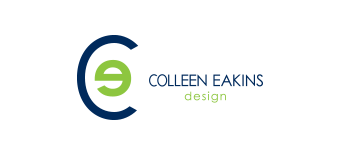Why is Marketing Important?
The simple answer to why marketing is important, is that if no one knows that you exist, you do not really exist. You can have the greatest product in the world, but if on one knows about it, it will not sell. It is not enough to have a great idea or product. It is not enough to have the latest and greatest infrastructure and equipment. It is not enough to have a killer business model. If you do not adequately invest and plan a marketing strategy to go along with your “awesome” business, it will not do well.
Yes, marketing costs money, but so does the business’ equipment, supplies, infrastructure, manpower, etc. Marketing in my opinion, is a necessary business expense that should hold just as much importance and weight within an organization as inventory and supplies. It is a necessity. The statement that “you have to spend money, to make money,” is true. However, most businesses take this to mean that statement applies to everything else, but marketing. Often times, marketing is the last thing that a business thinks about or plans for when starting up. I have heard it said plenty of times that a business needs to make money, before they can invest in marketing. I disagree with this statement. I believe that a business would actually make more money if they adequately planned and invested in their marketing efforts.
I believe that if you have a great product or service and you combine it with a great marketing strategy, the ROI is great. Marketing is not just design (graphic, web, etc); it is research to determine who that customer is and how to target them. Knowing who would be likely to buy your product or use your service, helps you determine where you should be marketing and how you should speak to them. Marketing is messaging. How does that target customer like to be spoken to? Long form copy? Bullet points? Visual representations of ideas and messages? Interactively? Marketing is an experience created for the customer. How do they like to engage with you? Online? Offline? Copywriters, graphic designers, web designers and social media strategists, all help to convey this information in a way that will appeal to that customer. It can get costly, but that cost can equate to higher profits and momentum to propel a business forward.
Marketing is very important if you want to be very successful.
Colleen Eakins is a dynamic and creative individual that possess a knack for great design. With over 15 years of experience in the field of graphic design, Colleen is able to effectively brand her clients with great design pieces. Her motto is: “Anyone can make a pretty picture, but is it effective? Will it make your customer buy your product or use your services? My design tries to answer with a YES!”







